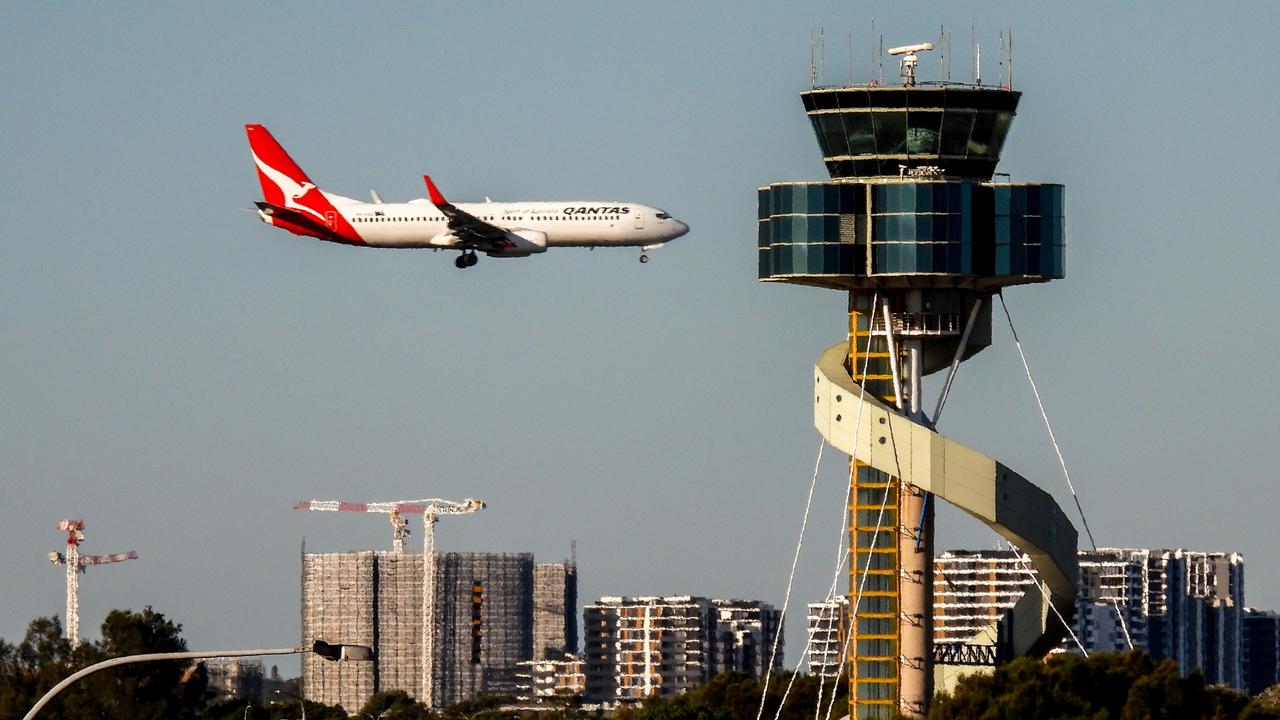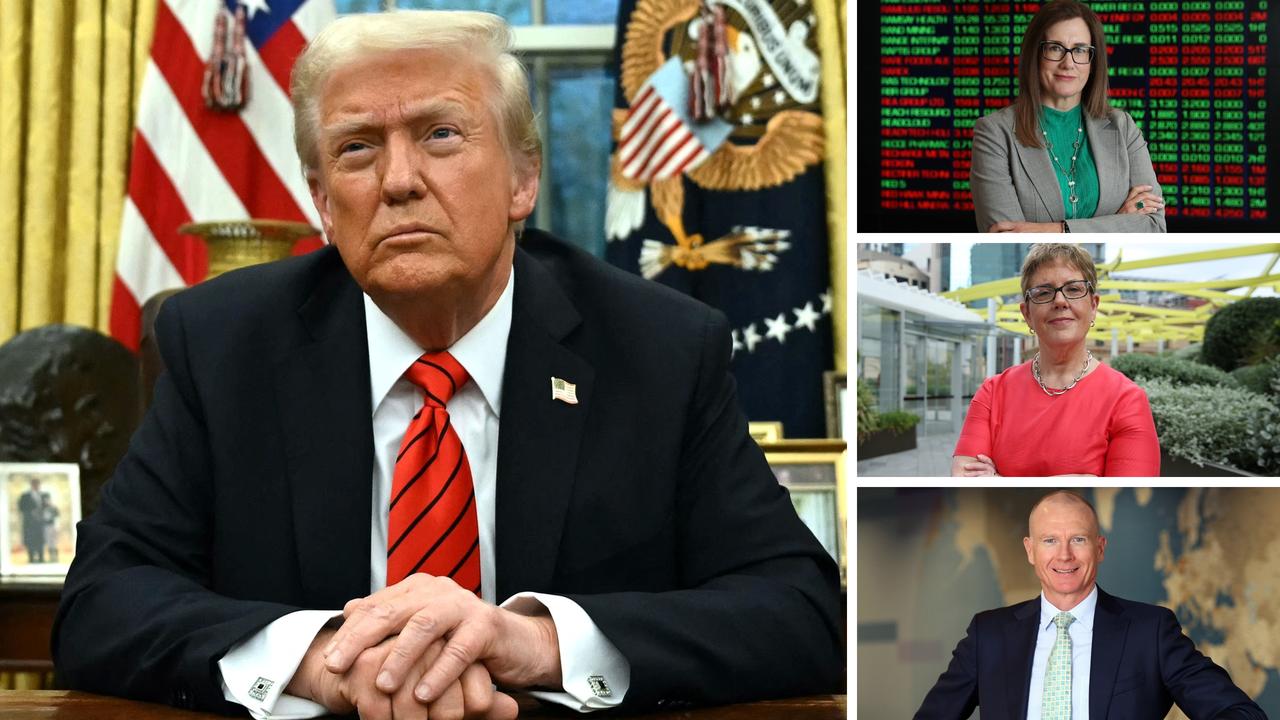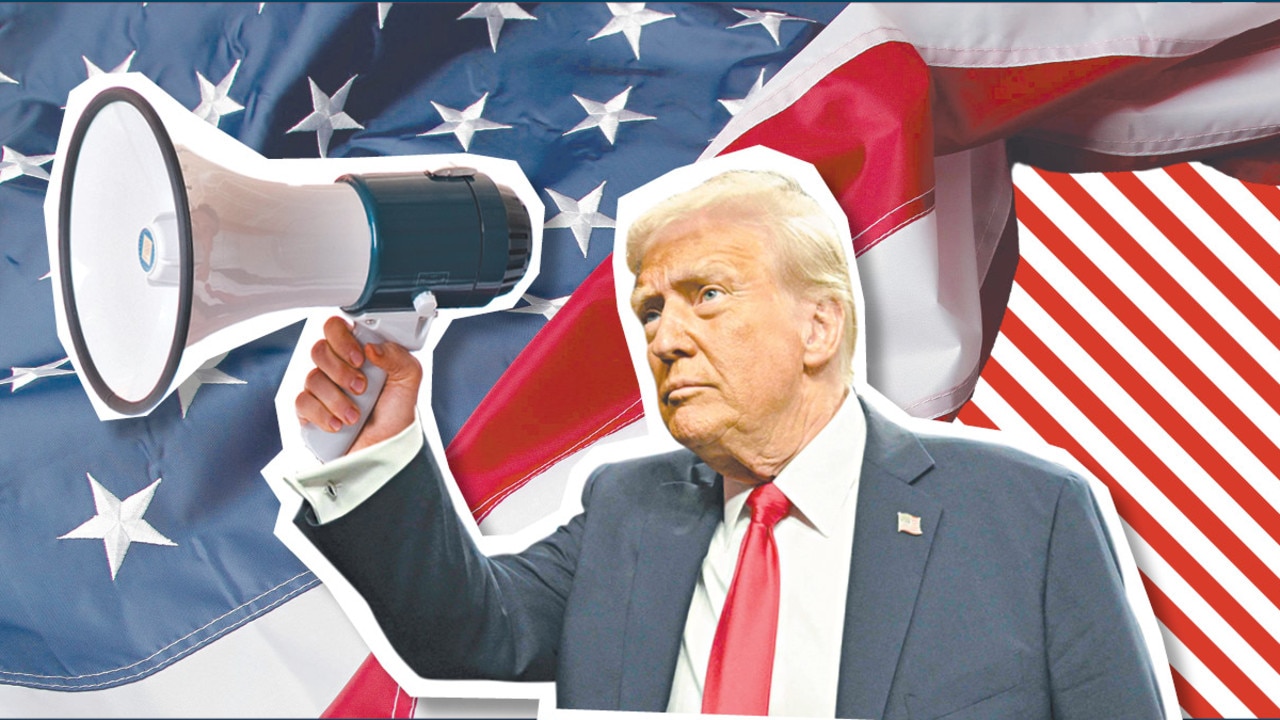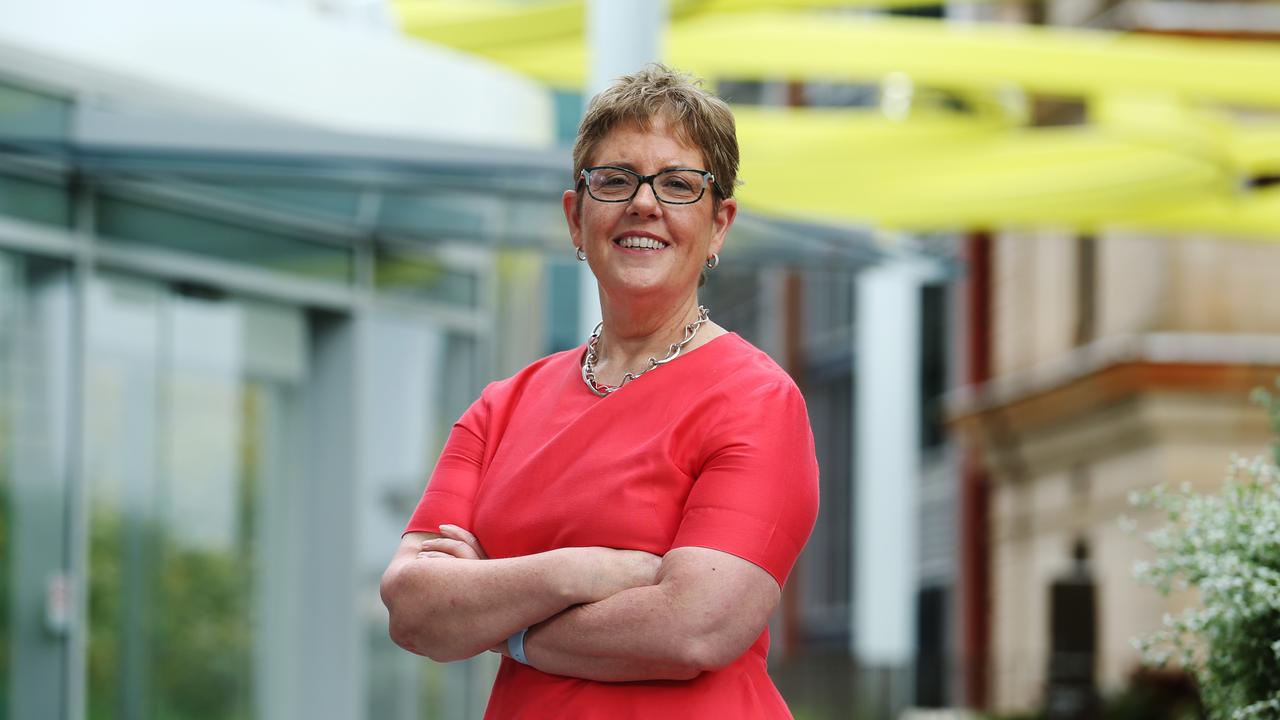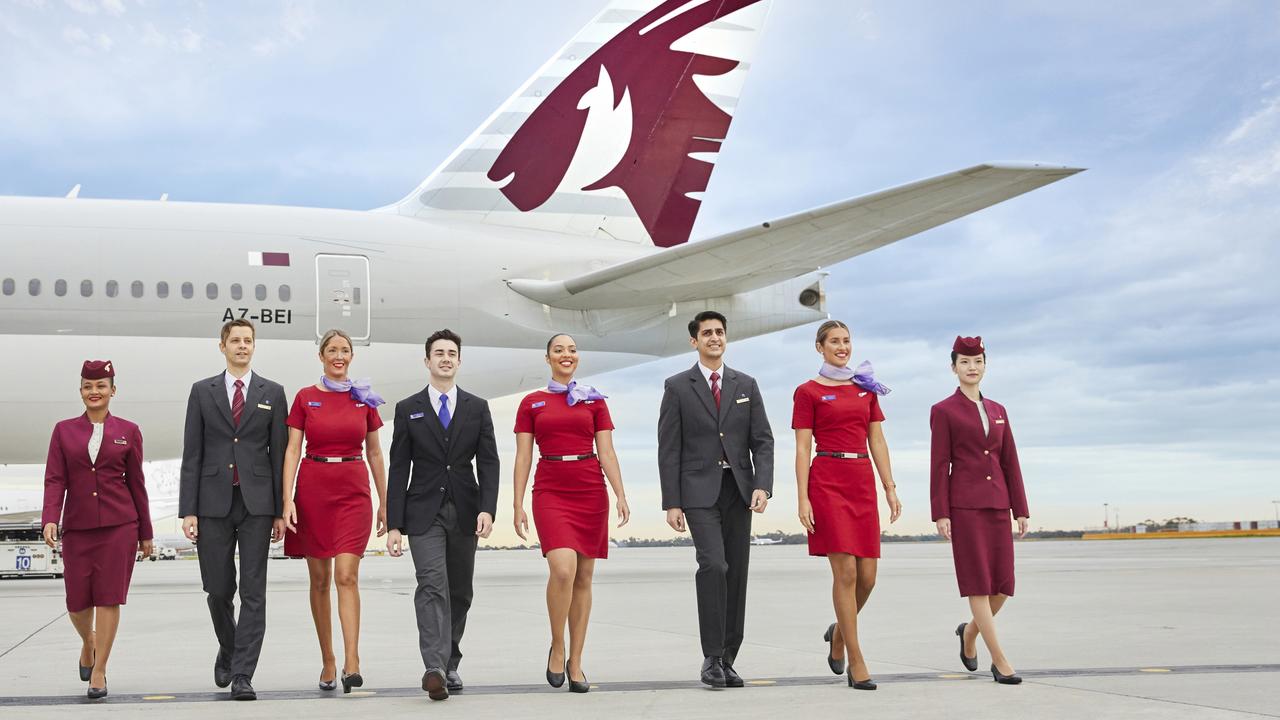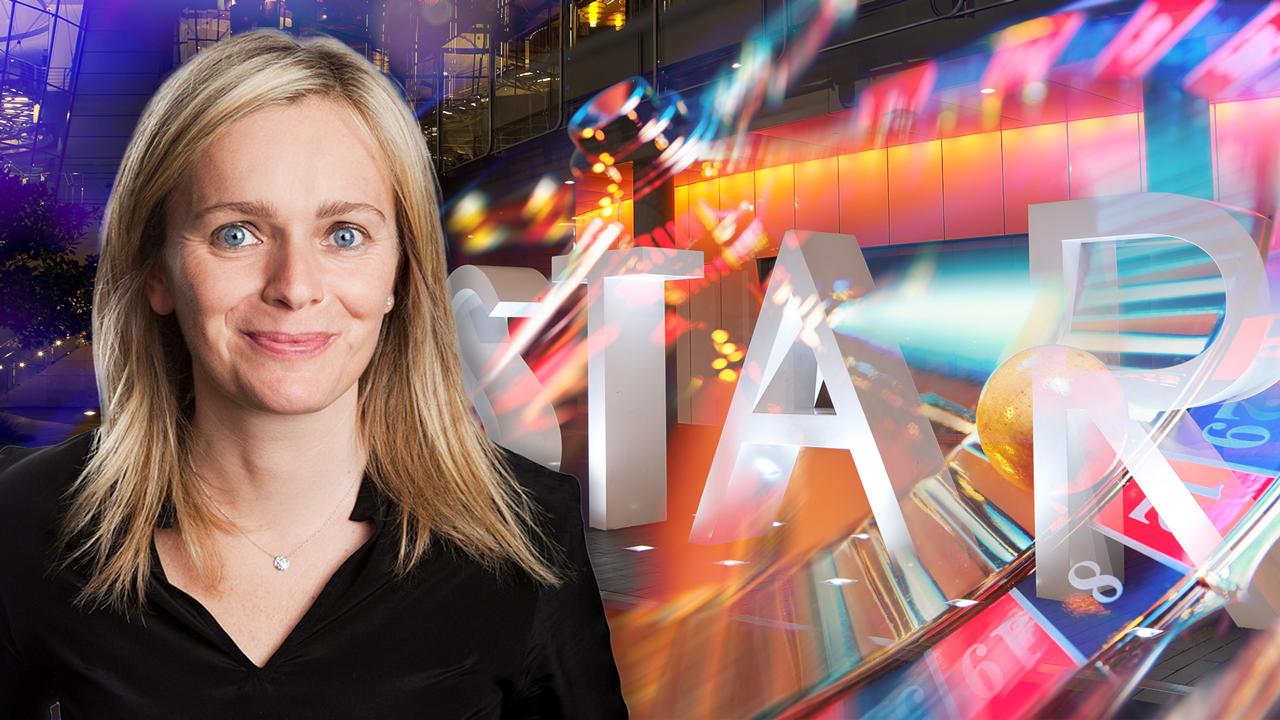Ryan Stokes’ grand plans for Boral as battle for control finally ends
Ryan Stokes wants to bring an ‘owner’s mindset’ to the building icon he has been pursuing for more than two years.
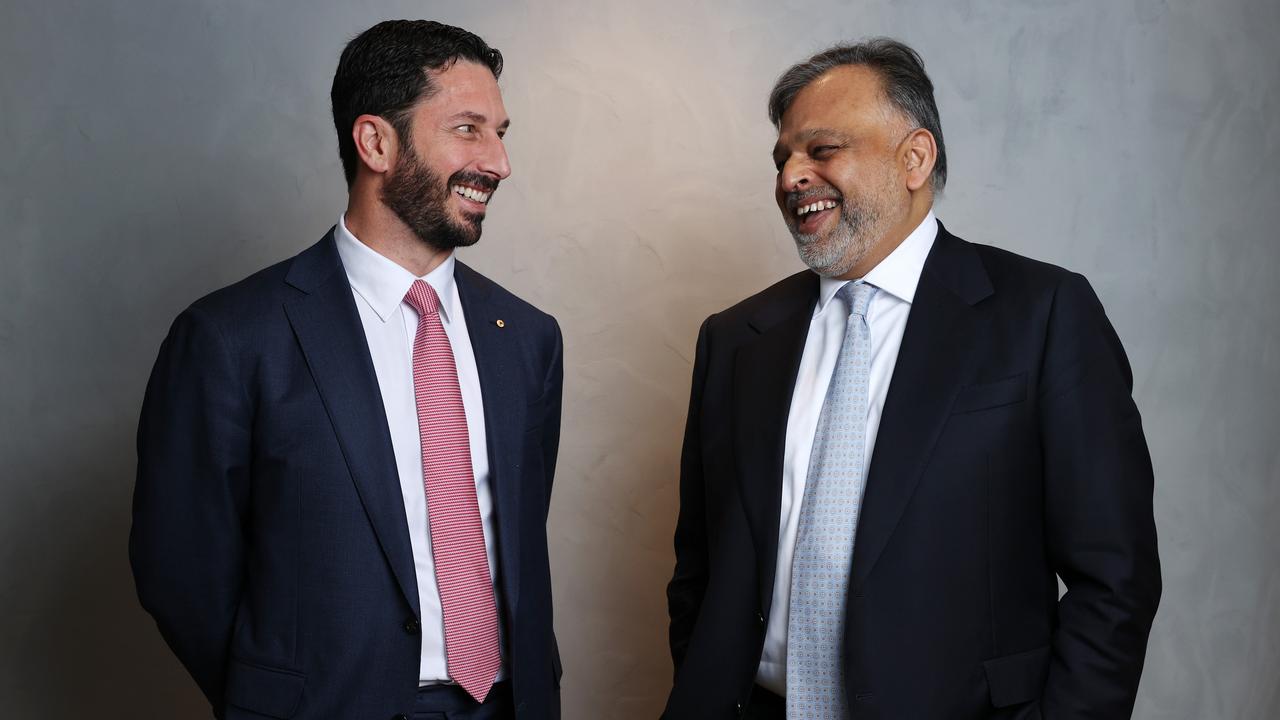
Business
Don't miss out on the headlines from Business. Followed categories will be added to My News.
Boral will retain its position as a key player in Australian building and infrastructure, but now has even more opportunity to grow, according to Seven Group’s boss Ryan Stokes, who has finally taken full control of the near 80-year-old company.
As the Stokes-backed conglomerate Seven Group mops up the last of Boral’s shares it didn’t own through its $2.3bn buyout, the company that once took Australia’s industrial muscle to all parts of the world, is about to end its long ride on the ASX as it goes private.
Stokes says the ownership change won’t impact the running of Boral. Indeed, it should mean little for customers, management and more than 7500 workers. Investors too will continue to get exposure to Boral’s dramatic turnaround story of recent years, although this will be as part of the Seven Group, the conglomerate that spans energy, mining and construction.
“Don’t expect anything to change. We’re still on the performance journey. The strategy remains the same,” Stokes tells The Australian.
However, by taking full control of Boral, this will bring an “owner’s mindset” to the business that includes faster decision-making, Stokes says in an interview at the company’s headquarters in North Ryde.
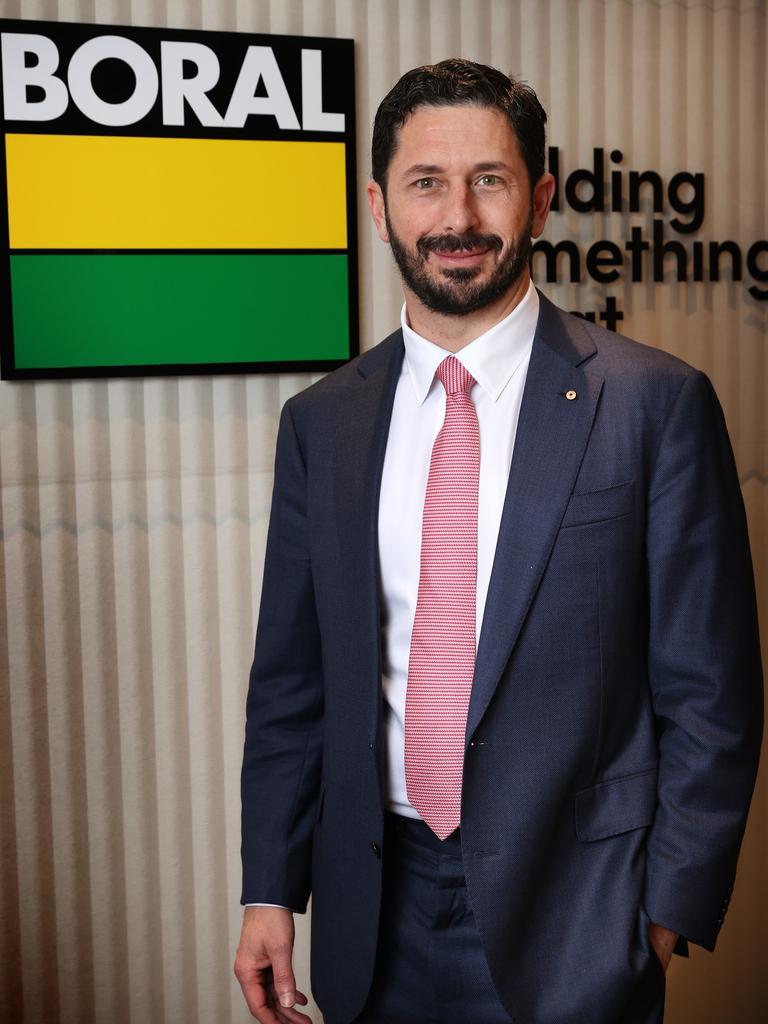
The benefits of this will then flow back to all shareholders, including former Boral shareholders that accepted Seven shares under the buyout.
The full ownership marks the culmination of a near three-year battle for Boral, by first increased its stake before launching a full takeover offer in 2021. Seven emerged with 70 per cent out of that deal, although Stokes had already consolidated control as chairman.
The latest buyout of minority shareholders also represented a fresh stand-off with Boral’s board for Stokes.
The wafer thin premium in the latest takeover offer – initially a little over 3 per cent – prompted Boral’s board to reject the advances and keep the company listed.
Independent expert Grant Samuel dubbed the cash and share offer as “not reasonable”, although couched this judgement as “finely balanced”. Seven disputed the conclusions.
A sweetener, including higher cash component and benefit of $150m buyback, won over Boral’s board that ultimately endorsed the bid.
Stokes concedes the complex structure didn’t help the bid, although he says that was “a very considered strategy” to try and minimise the risk for Seven Group investors.
The talks with Boral independent directors, led by former CSR boss Rob Sindel were “open and constructive” even when views were opposed, Stokes says.
“They fulfilled their duties in looking after Boral shareholder interests outside of Seven”
Boral strategy
Keeping Boral’s strategy on track shouldn’t be a surprise, given Stokes’ Seven has been the one driving the significant reshaping of Boral over the past two years.
He moved quickly to force the company to aggressively slim down, including exiting offshore markets. He also shook up the management, putting in place his hand picked-CEO Vik Bansal from industrial Infrabuild.
Bansal will stay on running the company, locked in with the offer of $2.2m retention bonus as long as he remains for at least three years.
A big part of Bansal’s approach has been to change Boral’s mindset around pricing. Where previously it was prepared to discount deeply to secure volume, Bansal has focused on profitable sales, pushing through a wave of price increases.
A key attraction to Seven is Boral’s high levels of cashflow generated by the concrete, asphalt and quarries player. In addition, Boral is highly leveraged to the construction cycle, even as infrastructure cools, Australia going all out building more homes to house surging immigration.
Bansal says the entire heavy construction industry is facing a temporary “air pocket” particularly as slow approvals are causing delays.
“We know there are infrastructure jobs needed to be done. We know there are defence jobs that need to get done. We know there’s a social infrastructure jobs, which have been announced, like hospitals and schools. We know there’s a residential shortage”.
“The frustrating part is getting them through the development and approval process, so we can get going”.
Stokes says this will continue to be reinvested in Boral, but the cash is now consolidated as part of Seven Group, providing the option of also investing some into higher growth businesses.
Moving from just over 70 per cent owned to 100 per cent, Boral now sits alongside Seven’s other full owned operations, including the WesTrac franchise, known for selling Caterpillar haul trucks to big miners. It also owns the Coates Hire equipment leasing operation another business it bought on market. Seven too has a 30 per cent stake in Beach Energy. Its other business is media, which today represents a fraction of the $15bn Seven Group. It has a 41 per cent stake in Seven West Media, which in turn owns of the Seven television network. The immediate focus is to bed down Boral before considering other options.
Stokes says Bansal, just like CEOs across Seven’s other businesses, will have full control of the day-to-day running of the business with the Seven Group there to support strategy and
Stokes says even today, Boral is a fundamentally better company from when he first started pursuing it.
“It’s been quite a fundamental shift that operators’ discipline that Vik brought. We believe very firmly in this and the company has benefited”.
“The exciting part for us is there’s still a lot more potential within Boral”.
More Coverage
Originally published as Ryan Stokes’ grand plans for Boral as battle for control finally ends




